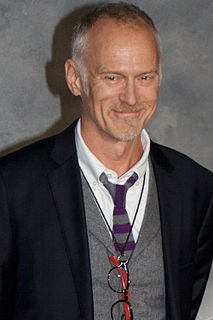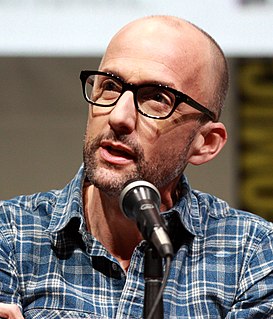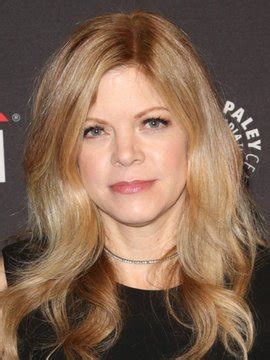A Quote by Jim Gaffigan
Television's very much a writer's medium, as it probably should be, but if you're not the writer, then as the performer, you defer to that. It's just kind of how it's constructed. Is there some leeway? Yeah. But I also don't want to come across as a jerk.
Related Quotes
I did a good bit of episodic television directing, but directing a movie is so much more complicated. And there's so much more responsibility because the medium is very much a director's medium. Television is much more of a producer's writer's medium so a lot of the time when you're directing a television show they have a color palette on set or a visual style and dynamic that's already been predetermined and you just kind of have to follow the rules.
Just write. If you have to make a choice, if you say, 'Oh well, I'm going to put the writing away until my children are grown,' then you don't really want to be a writer. If you want to be a writer, you do your writing... If you don't do it, you probably don't want to be a writer, you just want to have written and be famous—which is very different.
There's this message to comedians in particular, that you shouldn't write it, and a television writer should write it. And that's a prevailing conventional wisdom that I think is really wrong. That's not to say that television writers aren't great, but I think that the belief that some comedy writer's going to be able to capture your voice is naive.
It's not possible to advise a young writer because every young writer is so different. You might say, "Read," but a writer can read too much and be paralyzed. Or, "Don't read, don't think, just write," and the result could be a mountain of drivel. If you're going to be a writer you'll probably take a lot of wrong turns and then one day just end up writing something you have to write, then getting it better and better just because you want it to be better, and even when you get old and think, "There must be something else people do," you won't be able to quit.































